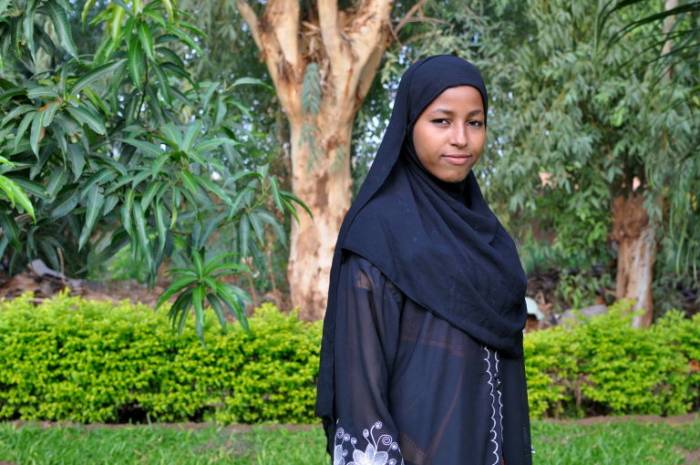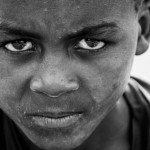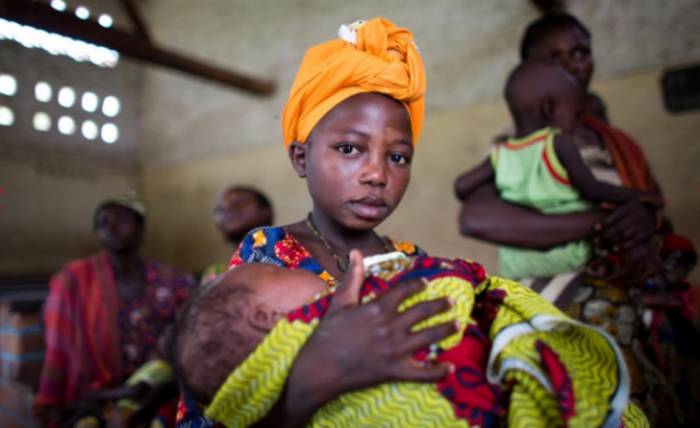
source
Every year 15 million girls are married before the age of 18, according to Girls Not Brides.org. This issue is particularly prevalent in the African country of Niger.
Highest rate in the world
Child marriage is a human rights violation: it deprives females of their health, education, and wellbeing. Some brides can be as young as 8 or 9 years old when they are getting married. Girls at this age are not ready to be wives nor mothers. They have a high risk of contracting HIV/AIDS, having complications during pregnancy and childbirth, and suffering from domestic violence. In addition, child marriage holds women back from education and work, and consequently adds to the cycle of poverty. Niger has the highest rate of child marriage in the world. The legal marriage age is just 15 years old and the proposal to raise this age to 18 that has not passed yet. 75% of girls are married before they turn 18. And in some areas, it is as high as 89%. According to Girls No Brides, poverty is the main cause for these unions. Families hope that arranging marriages will raise their wealth and social status. The girls feel obligated to follow traditions and their families’orders. Another major cause is the lack of education for girls – only 10% of girls in the country attend high school. Out of women aged 20-24 with no education, 81% of them got married by 18. On the other hand, only 17% of women with at least a secondary education were married by 18. The United Nations Population Fund set up a program in 2013 called Action for Adolescent Girls, which provides girls and women with education on life skills and sexual reproductive health, a birth certificate, and a health check. While the rates of child marriage are declining around the world, the problem is still prevalent. Some brave girls are fighting back.
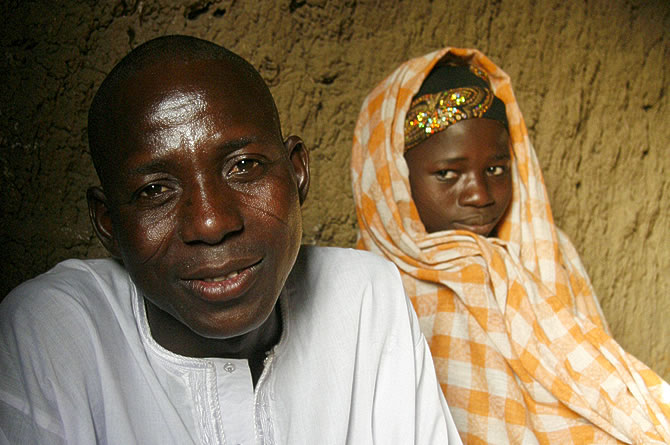
No room for women to dream
Amina, a woman from the city of Agadez, told BBC that Niger is a place where:
“there is no room for women to dream dreams.”
She said that wealthy suitors from neighboring Nigeria would pay thousands for a bride – depending on how beautiful the girl is.
“Many families have no choice… When a wealthy Nigerian comes offering millions [in local currency], they will let them marry, even if they are young,” she added.
Salamatou Traore directs the Dimol Clinic in Niamey and has met brides as young as 12 years old.
“Getting change is very difficult and it is very costly – it is not easy, because most of the population is illiterate,” she said. “They don’t go to school and they don’t allow the girls to go school. Change is difficult.”

Girls are fighting back
Some brave young girls are fighting for their rights. The magazine Marie Claire once profiled three girls, Zeinabou Moussa, Barrâcou and Balkissa Chaibou. They all managed to escape their situation. Zeinabou Moussa was forced to quit school when she was 15 years old; her parents had made a profitable deal with a 19-year-old man. Moussa did not want to leave school and refused to accept the decision. She lived in a rural village with no police to turn to. She ran away several times, only for her parents to send her back to her husband.
“I thought that my parents would finally help me. I thought that if I kept running, they would understand. But they didn’t,” she remembered.
But she would not give up. When her husband attempted to consummate the union, she injured him so badly that he asked the tribal chief for a divorce. Today, Moussa is back in school:
“My parents have stopped trying to force me to marry. I think they finally got the message.”
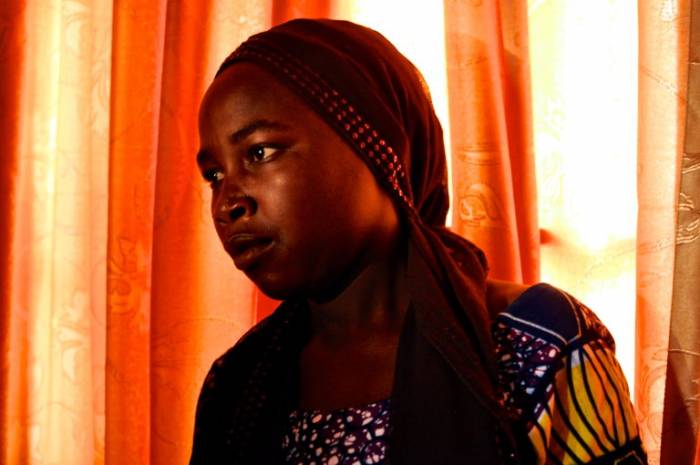
Finding real love
Barrâcou was in love with the boy next door, a shepherd named Sane. When she was 14, her parents married her off to an elderly uncle in another village. She begged her true love to wait for her to return, and Sane promised that he would. The pair were separated for two years, during which Barrâcou suffered beatings for refusing to consummate the marriage. She finally managed to escape when some of her friends from home visited. When the two were reunited, Sane asked her parents for permission to marry. They were upset at first but decided to would be better to have their daughter live close.
“I love Sane because he pleases me. What can I say? He just makes me happy,” she shared.
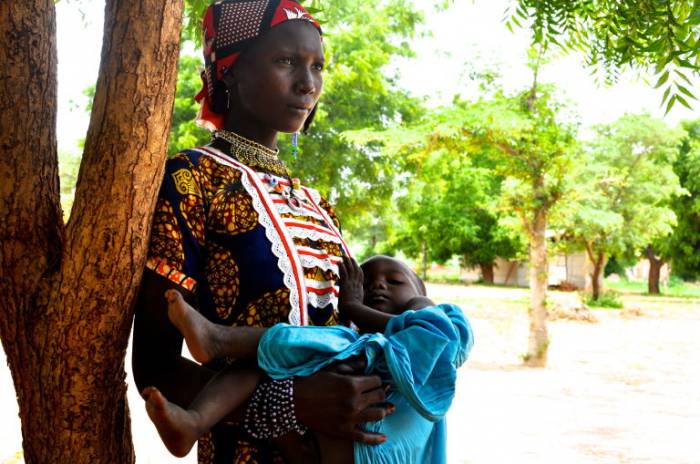
Going all the way to court
Growing up, Balkissa Chaibou loved school. When her family attempted to marry her at age 12, she begged them for more time. She agreed with her parents that she would marry at 17. But as time went on, Chaibou realized that she wanted to go to university and be a doctor one day. None of this would be possible as a child bride. But unlike Moussa, who lived in a rural area, Chaibou lives in the capital city of Niamey. She had access to a police station, who connected her to an SOS Center. She took her uncle, the leader of the family who arranged the marriage, to court. She won her case and is now achieving her dream of going to university. Chaibou’s bravery has paid off. Other women in her town are now asking her how to get out of their marriages and have realized the importance of education.
“Everyone used to think I was a nasty, disrespectful girl,” she said. “But now they realize that school is a good option. I will show them what I can do with my life.”
